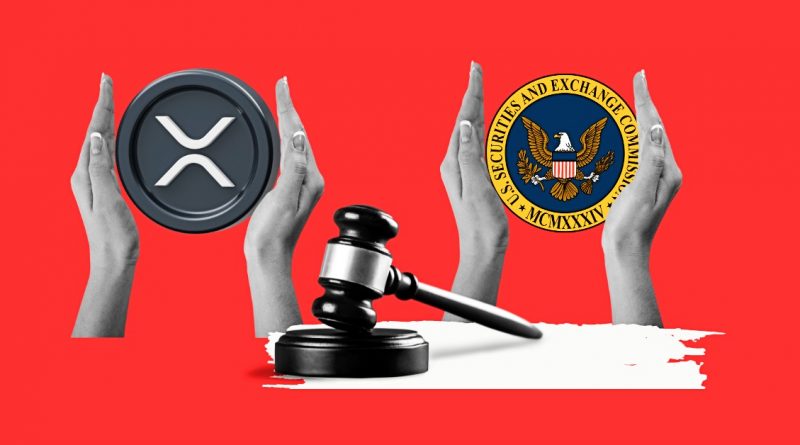Ripple vs SEC Update : SEC Drops Charges Against Ripple Leaders Garlinghouse and Larsen – Coinpedia Fintech News
In a recent court filing in the Southern District of New York, the Securities and Exchange Commission (SEC) announced that it is no longer pursuing civil charges against Ripple executives Christian Larsen and Brad Garlinghouse.
In a recent filing on Thursday, both parties have reached an agreement to dismiss the lawsuit against the two executives with prejudice. This means that the lawsuit cannot be brought forward again in the future. However, the SEC will proceed with its claims against Ripple, as mentioned in the filing.
Chris and I have been dealing with unfounded allegations from a regulator with what we perceive as a political agenda for nearly three years,” stated Garlinghouse. He added, “Instead of focusing on pursuing those responsible for illicit activities involving customer funds on offshore exchanges, which were seeking political support, the SEC chose to target individuals they consider to be on the right side of the law.”
The dismissal is a significant victory for Ripple’s executives, yet it doesn’t put an end to the SEC’s investigation into Ripple Labs.
Stuart Alderoty, Ripple’s chief legal officer, called the SEC’s action as a “surrender” rather than a settlement, and Ripple released a statement in which they described the SEC’s decision as a “stunning capitulation.”
Brad Garlinghouse, in an X (formerly Twitter) post on October 19, expressed that he and Chris were unfairly targeted by the SEC in an aggressive attempt to personally damage them and the company that had been built over a decade.
Why SEC Dropped the Charges Against Ripple Leaders?
The SEC’s decision to drop the charges against Garlinghouse and Larsen before their scheduled trial in April 2024 is indeed somewhat unclear. Katherine Kirkpatrick, the chief legal officer of Cboe Digital, has speculated that this move might indicate that the SEC intends to appeal the court decision regarding XRP’s classification as a security. Such an appeal would typically wait until after the conclusion of the trial.
Source: Read Full Article

